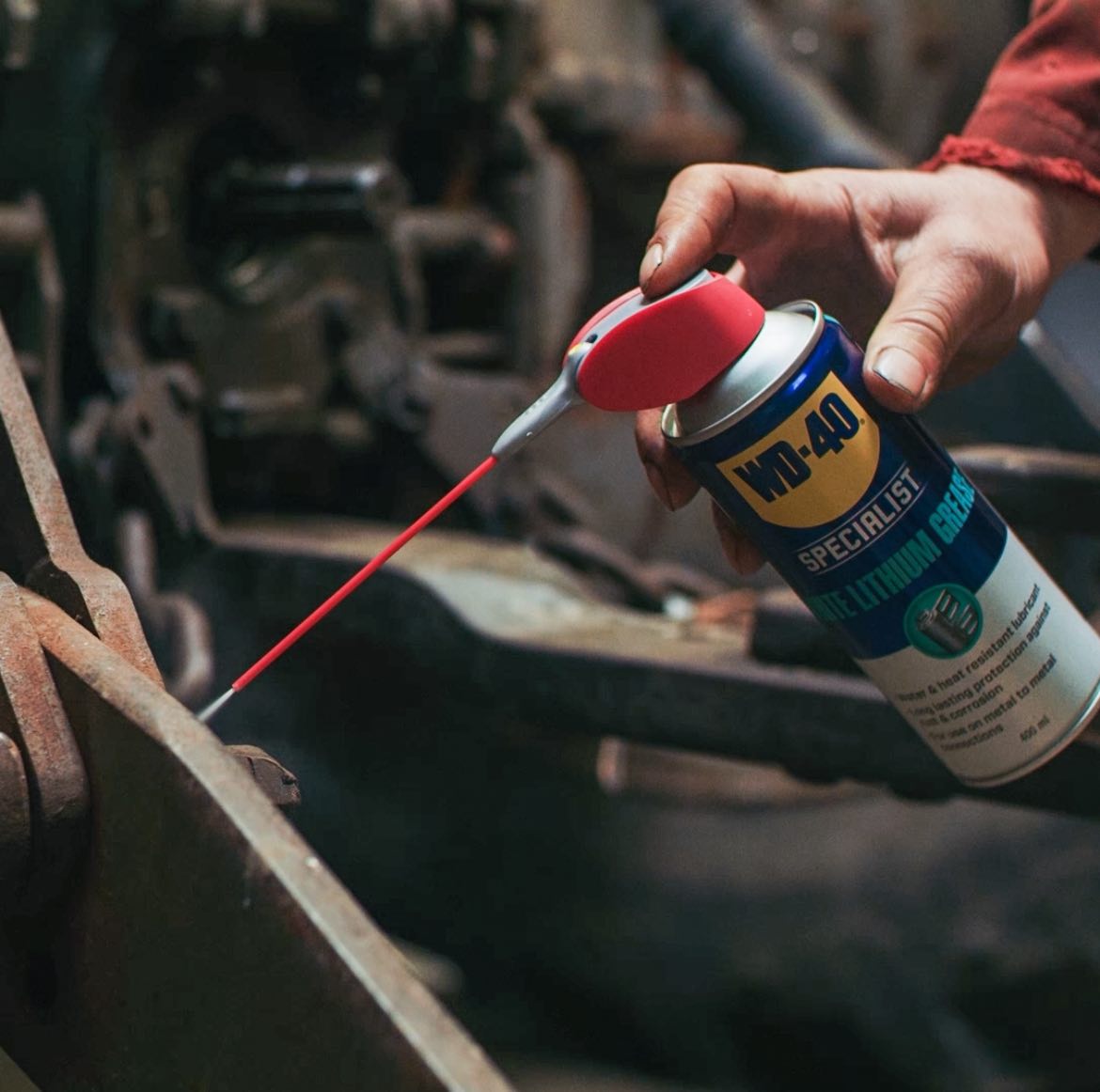In the world of automotive maintenance, one of the most critical tasks is ensuring that your vehicle: in this case, your Jeep is properly lubricated. A well-lubricated vehicle not only maintains optimal performance but also adds longevity by reducing wear and tear on its moving parts. Among the numerous types of lubricants available in the market today, two have proven to be leading contenders: lithium and silicone grease. Both have their unique properties and offer distinct advantages in certain situations. This raises a crucial question for Jeep owners: Which one is better – lithium or silicone grease? In this article, we will delve deep into these two popular categories of grease, comparing their characteristics, performance metrics, suitability for different environmental conditions, impact on components longevity as well as overall cost-effectiveness. Our aim? To shed light on which type of grease could be ideal for maintaining your cherished Jeep’s peak health over extended periods.
Examining Lithium Grease for Jeep Use

Moreover, lithium grease is generally more resistant to water washout, a significant benefit for off-road vehicles like Jeeps that are frequently exposed to wet conditions. Its ability to maintain stability in a broad temperature range also stands out, ensuring reliable performance whether in cold mountain trails or hot desert drives. However, it’s important to note that while lithium grease is excellent for metal parts, it might not be the best choice for components made of rubber or plastic, as it can cause these materials to degrade over time.
Exploring the Use of Silicone Grease in Jeeps
Silicone grease, on the other hand, offers unique advantages, particularly in its compatibility with a wide range of materials. Known for its chemical inertness and non-conductive properties, silicone grease is ideal for Jeep applications involving electrical components and rubber seals. It’s an excellent choice for protecting against moisture, preventing rust and corrosion in sensitive areas. Silicone grease’s standout feature is its performance stability in extreme temperatures, making it reliable for use in both freezing and very hot conditions. This quality is particularly beneficial for Jeeps used in diverse climates. Additionally, silicone grease does not degrade plastic or rubber parts, making it a safer option for lubricating parts like bushings and weatherstripping. While it doesn’t handle heavy loads as effectively as lithium grease, its protective qualities in specific applications make it a valuable tool in the Jeep maintenance toolkit.
Lithium vs Silicone Grease: A Comparative Review
When comparing lithium and silicone grease for Jeep maintenance, it’s essential to weigh their strengths in relation to the vehicle’s specific needs. Lithium grease is known for its robust performance in high-pressure and dynamic environments, making it ideal for the mechanical moving parts of a Jeep, such as the suspension system and wheel bearings. Its durability under harsh conditions and superior metal-to-metal lubrication are key for off-road performance and longevity. In contrast, silicone grease excels in protecting and lubricating parts where material compatibility and temperature resistance are paramount.
Its effectiveness in safeguarding electrical components, rubber gaskets, and seals against moisture and temperature extremes makes it indispensable for certain Jeep components. However, its lower load-bearing capacity compared to lithium grease can be a limitation for certain high-stress applications. Understanding these nuances allows Jeep owners to make more informed decisions about which grease to use in different maintenance scenarios, ensuring both the vehicle’s performance and durability are optimized.
Final Recommendations: Choosing the Right Grease for Your Jeep
In making the final decision between lithium and silicone grease for your Jeep, consider the specific application areas and the conditions your vehicle frequently encounters. For the chassis, suspension, and wheel bearings, which bear significant load and stress, lithium grease is typically the preferred choice due to its excellent load-bearing capacity and resistance to pressure. For electrical connections, plastic components, and rubber seals, silicone grease’s non-reactive nature and temperature resilience make it a superior option. It’s also beneficial to use silicone grease in areas prone to frequent exposure to water. In some cases, using a combination of both types of grease might be the best approach to comprehensively address all lubrication needs of your Jeep. Always refer to the manufacturer’s guidelines and consider the environmental conditions and the specific demands of your off-road adventures when selecting the appropriate grease.
Add Comment